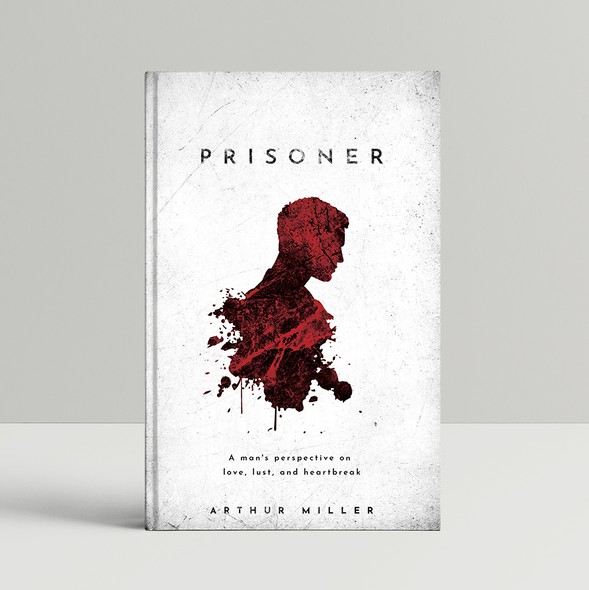



The Big Hurt tells us what it's like to fall dangerously in love when the timing is wrong and the children are young, and when the man in question has immolation on his mind. In the middle of marriage and motherhood, Erika Schickel pulled the pin from a deadly grenade and blew it all up. It's the story of a bad girl who grew up to be a good woman-until she felt the old itch. The Big Hurt is a most timely read."- Annabelle Gurwitch, author of the New York Times bestseller I See You Made an Effort and Wherever You Go, There They Are Schickel's unraveling of her past, will make you rethink every assumption you hold about the nexus between sexual desire and power. "Who doesn't love a fallen woman story? Erika Schickel's The Big Hurt delivers that in spades, but this fierce, elegant memoir does so much more. Erika Schickel is not just an interrogator of her own psyche but an interpreter of the times-the current era as well as the decades that led us here."- Meghan Daum, author of The Problem with Everything " The Big Hurt fulfills the promise of which too many memoirs fall short: it takes the vagaries and vicissitudes of the human heart and elevates them to the level of social, even political, inquiry. Wowee."- Sandra Tsing Loh, author of The Madwoman in the Volvo "One of the top five books I've ever read, don't remember what the other four were. I loved this book."- Claire Dederer, author of Love and Trouble

Beautifully written, intensely relatable, and fueled by incendiary fury and love, The Big Hurt belongs on the shelf with a small number of memoirs that rearranged my world-view and maybe even a few of my cells. I was transported and consumed by Schickel's hypnotic unspooling of her troubled, sexed-up adolescence and the way the legacy of that time followed her like a black dog into midlife. "I picked up Erika Schickel's memoir and the world disappeared for the next two days. It looks at the long shadow cast by great, monstrously self-absorbed literary lives and the ways in which women pin themselves like beautiful butterflies to the spreading board of male ego. It shines a light on the haute culture of 1970s Manhattan that made girls grow up too fast. The Big Hurt looks at a legacy of shame handed down through a maternal bloodline and the cost of epigenetic trauma. The Big Hurt tells two coming-of-age stories: one of a lost girl in a predatory world, and the other of that girl grown up, who in reckoning with her past ends up recreating it with a notorious LA crime novelist, blowing up her marriage and casting herself into the second exile of her life. In the wake of her parents’ ugly divorce, Erika was packed off to a bohemian boarding school in the Berkshires. Schickel came of age in the 1970s, the progeny of two writers: Richard Schickel, the prominent film critic for TIME magazine, and Julia Whedon, a melancholy mid-list novelist. Seduced, caught, and then whisked away in the night to avoid scandal, Schickel’s provocative, searing, and darkly funny memoir, The Big Hurt, explores the question, How did that girl turn out? She was that girl-rebellious, precocious, and macking for love. In 1982, Erika Schickel was expelled from her East Coast prep school for sleeping with a teacher. This complex memoir shows what it was like growing up in the shadow of a literary father and a neglectful mother, getting thrown out of boarding school after being seduced by a teacher, and all of the later-life consequences that ensue.


 0 kommentar(er)
0 kommentar(er)
